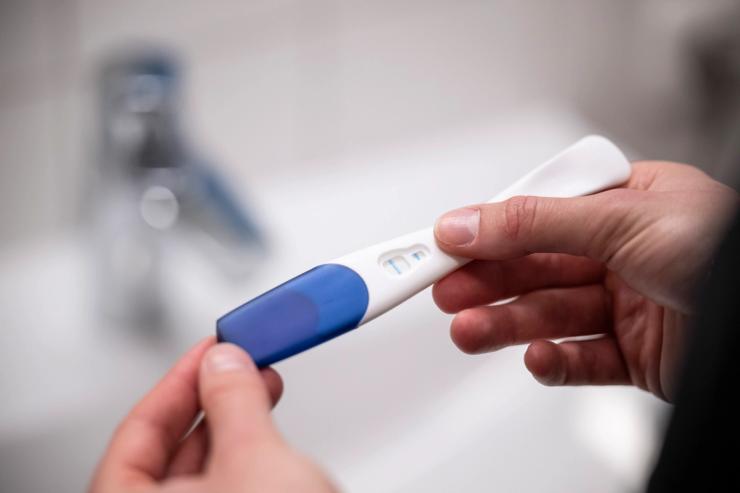The News
Nearly 65,000 pregnancies caused by rape are estimated to have occurred in the 14 U.S. states with total abortion bans since the Supreme Court overturned Roe v. Wade in June 2022, according to a new study from the Journal of the American Medical Association. Of the states that implemented full abortion bans, Texas had the highest estimated number, at more than 26,000 over 14 months.
Texas’ numbers “are only going to increase while this total abortion ban is in effect,” one of the study’s researchers told the Houston Chronicle. “And this really is impacting the people who have survived this experience in really profound ways.” One CDC study estimated that about 2.4% of women in the U.S. will experience a pregnancy caused by rape.
SIGNALS
Rape exemptions in abortion bans don’t often help survivors
“Politicians use the idea of abortion exceptions to provide political cover,” the study’s lead author said in a statement, “but those so-called exceptions don’t actually help pregnant survivors get the care they need.” Only five of the 14 states with total bans include rape exceptions in their laws, and the study found that the exceptions are used extremely rarely, if at all. Survivors almost always have to report the rape to law enforcement to be granted an exemption, which a 2023 study by KFF, a health policy research group, found often prevents them from accessing care. Even with exemptions, there’s no guarantee that a survivor could access abortion care in many states with bans, given that clinics are shuttered and doctors are reluctant to perform abortions for fear of prosecution.
Hispanic women are most affected by Texas abortion ban
Hispanic women in Texas saw markedly larger increases in births and fertility rates in the first post-Roe year than other groups in the state, according to a University of Houston study. Texas’ overall fertility rate rose 2%, but the jump was 5.1% among Hispanic women. “The results don’t signal that individuals of other groups are unaffected by the abortion ban, but they indicate that Hispanic women as a group are facing more challenges in accessing reproductive care,” one of the study’s authors said. Latinos in Texas have long faced inequality in access to health and reproductive care, NBC News reported, even before the abortion ban.
Denying abortion to women also impacts their children’s economic wellbeing
Women who are denied an abortion were more likely to stay with abusive partners, sink below the poverty level, and raise the child alone, a University of California, San Francisco research program found. Their children also feel the repercussions. “The research is clear: Restricting access to abortion doesn’t just harm women — it harms their children as well,” one of the longstanding study’s authors explained in 2018. Children born because a woman was denied an abortion experience less economic security and worse maternal bonding than children born later to women who were able to get an abortion, the study found.
Numerous studies have shown that autonomy over family planning choices can be linked to a woman’s job opportunities and financial security. The Center for Economic and Policy Research, an economic think tank, said in 2022 that “abortion and other reproductive health care remain essential for gender and economic equality.”



